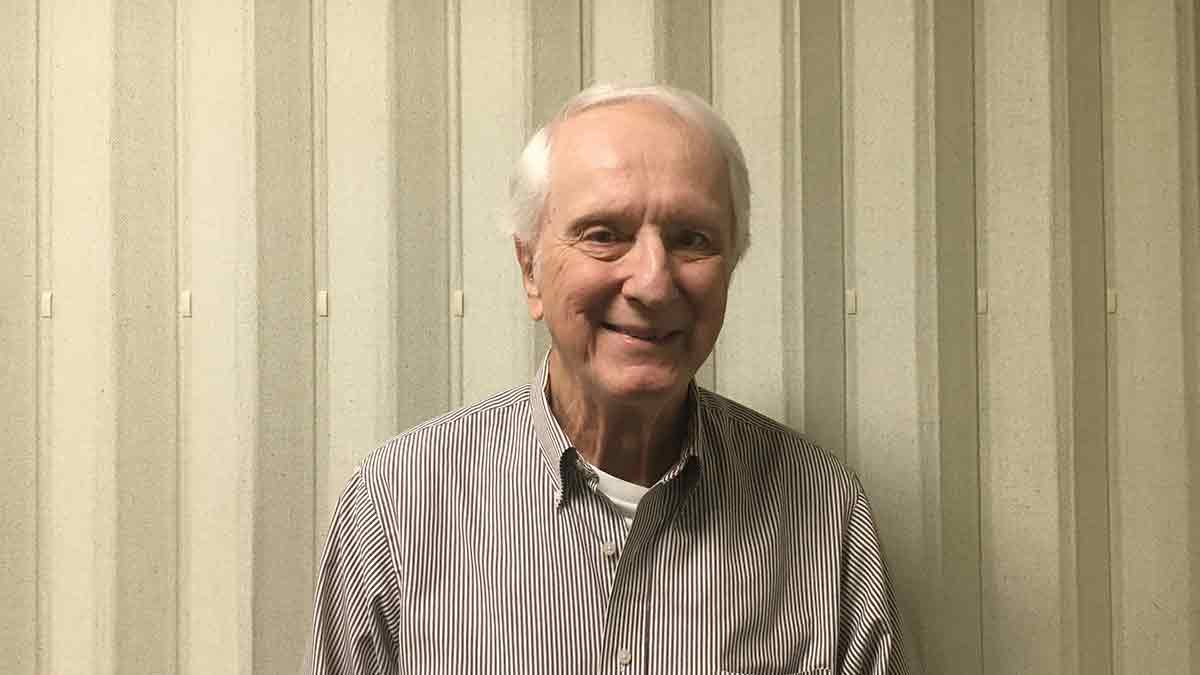Specialists are working collectively to carry down charges of healthcare-associated infections (HAIs) in low- and middle-income international locations, which may be at the very least 3 occasions greater than these in high-income international locations. Healthcare professionals skilled in an infection prevention and management (IPC) are vital to scale back HAIs and enhance affected person and healthcare employee security, however many healthcare services in low- and middle-income international locations lack skilled IPC professionals.
CDC and ICAP at Columbia College collaborated with companions in Sierra Leone and Ethiopia to develop and set up IPC coaching packages. These packages intention to equip IPC professionals with the information and abilities wanted to successfully implement IPC packages in a wide range of healthcare settings.
Sierra Leone

Through the 2014–2016 Ebola outbreak in West Africa, the Sierra Leone Ministry of Well being (MoH) acknowledged the necessity for skilled IPC personnel and appointed and skilled healthcare professionals to change into IPC employees in any respect district hospitals. Following the outbreak, the Sierra Leone MoH requested help from U.S. CDC to develop and implement a complete coaching program for IPC professionals.
This request led to CDC’s collaboration with ICAP, Sierra Leone MoH, the World Well being Group, and An infection Management Africa Community in 2017 to develop Sierra Leone’s IPC coaching program, named the Sierra Leone Superior IPC Certificates Course.
“This initiative has revolutionized Sierra Leone’s strategy to an infection prevention and management,” stated Christiana Kallon, Nationwide IPC Coordinator. “By empowering and mentoring healthcare professionals, we’ve considerably bolstered our protection towards infectious ailments.”
ICAP led the event of the competency-based curriculum, a 6-month course that mixes classroom studying with hands-on coaching. Program members obtain mentorship from Sierra Leone MoH, CDC-Sierra Leone, ICAP and different native companions all through this system.
The course formally launched in 2019 and 60 healthcare suppliers have graduated throughout three cohorts (10 from the nationwide stage, 15 from districts, 35 from well being services). Nearly all of graduates (70%) proceed to work as IPC focal factors – healthcare employees liable for implementing IPC measures – on the nationwide, district, or well being facility stage or maintain different IPC roles. These graduates have performed pivotal roles in implementing IPC actions throughout all well being system ranges together with:
- Being actively concerned within the nationwide IPC program (88% of nationwide IPC unit personnel are coaching program graduates), which performs an important function in overseeing implementation of nationwide IPC pointers to make sure healthcare security.
- Educating lessons within the Superior IPC Certificates Course and offering one-on-one mentorship to new trainees in this system (30% of graduates have taught or mentored new program trainees).
- Collaborating in emergency response groups to develop and implement efficient IPC methods throughout outbreaks resembling Lassa fever and COVID-19.
Ethiopia

Utilizing information gained from Sierra Leone’s Superior IPC Certificates Course, CDC and ICAP started work in February 2023 with companions in Ethiopia, together with the Ethiopian MoH and Saint Paul’s Hospital Millennium Medical School, to implement a equally structured 6-month program generally known as the An infection Prevention and Management Superior Coaching Program or IPCAP.
The hands-on studying initiatives have been tailored for Ethiopia’s present priorities, together with microbiology, injection security, and HAI surveillance. Members of the Nationwide IPC Program on the MoH, CDC-Ethiopia, and different IPC professionals in Ethiopia mentored the trainees all through their area work.
The primary cohort of 19 trainees in Ethiopia graduated in October 2023. The trainees have been IPC focal factors from 16 completely different healthcare services and three Regional Well being Bureaus (RHBs). IPC focal factors from healthcare services with ongoing collaborations with the Nationwide IPC Unit have been prioritized for the primary coaching cohort. Though in early levels of implementation, the current graduates of IPCAP proceed to function IPC focal factors at healthcare services and RHBs the place they’re now main high quality enchancment initiatives and implementation of HAI surveillance per the nationwide protocol.
Sustaining Success
The third cohort of Sierra Leone’s Superior IPC Certificates Course was delivered in partnership with Njala College. Sierra Leone MoH is now exploring the potential for increasing course supply to different native universities to satisfy demand and enhance sustainability. Ethiopia’s MoH can be figuring out alternatives to maintain the IPC coaching program.
Study extra about what CDC and companions are doing globally to watch and stop HAIs.
Authors:
Lindsay Tompkins, PhD, MS is an epidemiologist on the Implementation Workforce within the Worldwide An infection Management Department within the Division of Healthcare High quality and Promotion on the U.S. Facilities for Illness Management and Prevention in Atlanta.
Karen Wu, DVM, MSPH is an epidemiologist on the Implementation Workforce within the Worldwide An infection Management Department within the Division of Healthcare High quality and Promotion on the U.S. Facilities for Illness Management and Prevention in Atlanta.


